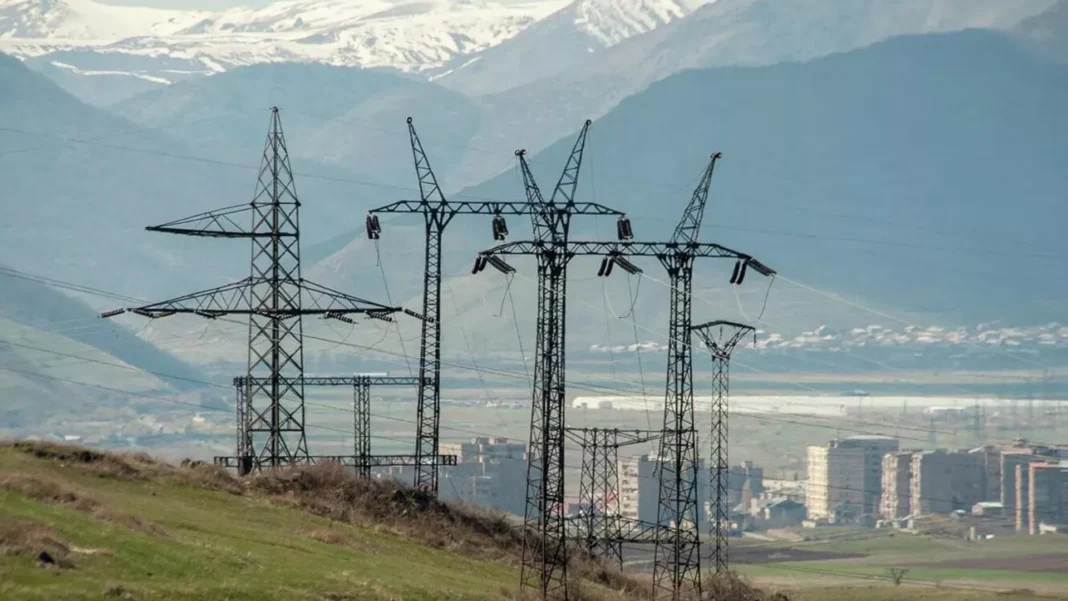YEREVAN, July 17 — The Armenian government has officially launched a process to nationalize Electric Networks of Armenia (ENA), a major utility company owned by Russian-Armenian billionaire Samvel Karapetyan. The move follows a series of legal and political steps taken in recent weeks that critics say may be politically motivated.
According to RIA Novosti, Armenia’s Ministry of Territorial Administration and Infrastructure has submitted a formal complaint to the Public Services Regulatory Commission (PSRC), citing alleged violations by ENA, a subsidiary of Karapetyan’s Tashir Group. This referral has triggered a legal framework allowing the state to take control of the company.
Earlier, on July 3, Armenia’s National Assembly passed amendments to the country’s laws “On Energy” and “On the Regulation Commission for Public Services.” The new provisions significantly expand the powers of the regulator, allowing it to initiate administrative proceedings against utility companies for breaches that threaten energy security or infringe on consumer rights.
Under the new legal framework, the regulator can:
Force a company to continue operations even if it seeks to relinquish its license;
Appoint a temporary administrator with full executive powers once an investigation begins;
Mandate internal reforms within the company, including changes to its charter and executive leadership;
Approve corrective action plans and compel compliance;
Assert the government’s preemptive right to purchase the company at market value should it be put up for sale.
Political Undercurrents and Targeted Pressure
The nationalization effort comes amid rising political tensions between Prime Minister Nikol Pashinyan’s government and individuals associated with the Armenian Apostolic Church. Samvel Karapetyan, known not only for his business empire but also for his outspoken support of the Church, has emerged as a prominent critic of Pashinyan’s recent rhetoric targeting the clergy and religious institutions.
Pashinyan has posted several controversial remarks on social media, accusing Church leaders and philanthropists of undermining the state. Karapetyan’s vocal defense of the Church has reportedly drawn the ire of the prime minister’s office.
On June 17, Armenian police conducted a search at Karapetyan’s residence in Yerevan. He was taken in for questioning and later arrested the following day. His press office described the actions as a politically driven attempt to intimidate dissent and misrepresent his civic engagement as a threat to public order.
Shortly thereafter, Pashinyan publicly demanded the nationalization of ENA, directly linking Karapetyan’s political stance to the company’s future. Critics argue this blurs the line between regulatory enforcement and political retaliation.
Moscow Signals Support
The Kremlin has taken notice. On July 17, Russian presidential spokesperson Dmitry Peskov said Moscow is monitoring the situation and would be prepared to assist Karapetyan if necessary. The businessman, who resides in Russia and holds significant assets there, remains a key figure in Russian-Armenian economic ties.
As Armenia navigates a sensitive political moment—balancing internal reform, post-war recovery, and rising church-state tensions—the move to nationalize ENA could have broader implications for investor confidence and diaspora relations. Observers say the case may signal a turning point in how political dissent is handled in Armenia’s economic landscape.


